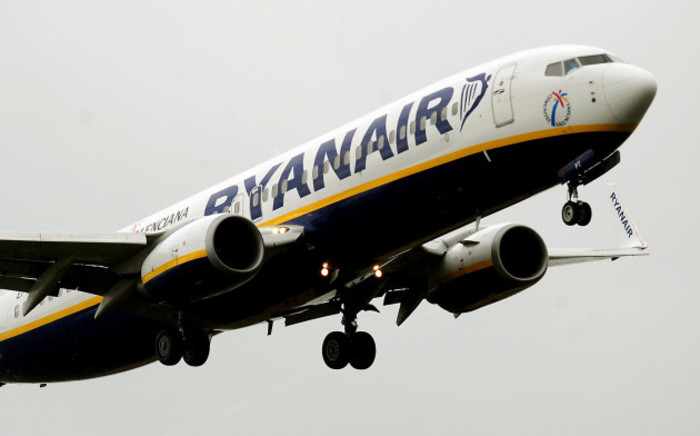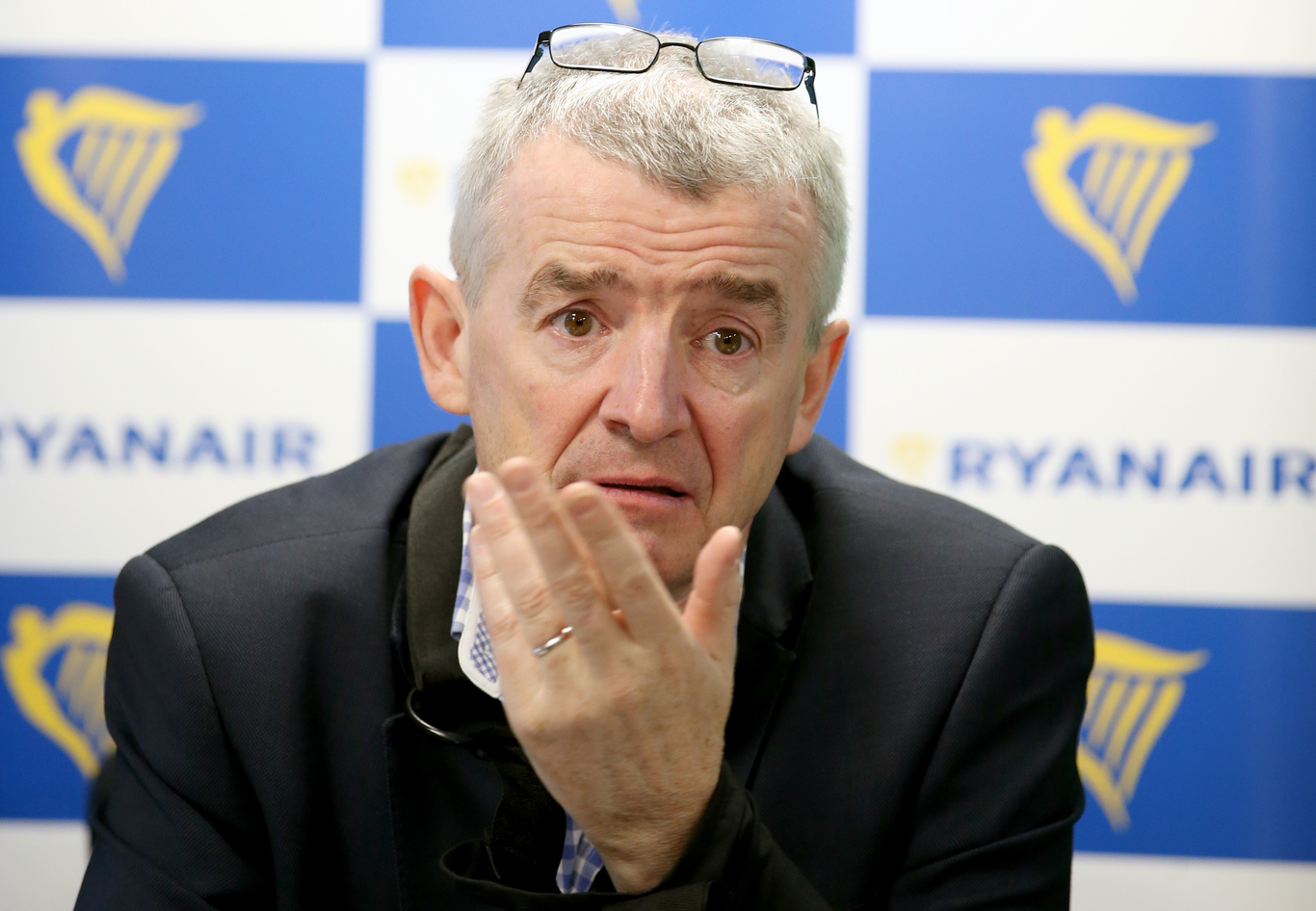Why Ryanair has gone to war with 'claim chasers'
The Irish airline has been hailing a court win against UK firms that specialise in flight delay claims.
RYANAIR LIKES NOTHING more than to trumpet its own greatness, and one the airline’s favourite things to emphasise is its own punctuality.
The budget carrier prides itself on quick turnarounds, and delivers on them for the most part. However, as with any airline, particularly one as large as Ryanair, delays are inevitable.
When passengers are kept waiting three hours or more, they are entitled under EU law to be paid compensation.
However, how they go about doing this has become a point of contention. Ryanair wants passengers to come directly to it with flight delay claims, and in doing so bypass so-called ‘claim chaser’ companies.
The company recently battled one of these firms in the UK courts to decide where flight delay claims should be processed.
Ryanair claimed a win after it was ruled that these cases should be initially heard through the Irish legal system, its home jurisdiction.
So, why is the Michael O’Leary-fronted airline fighting these ‘claim chasers’, and what does the dispute really mean for passengers?
‘Claim chasers’
‘Claim chasers’ are what Ryanair has dubbed companies set up to process flight delay claims for passengers.
These third parties encourage people who have been affected by flight delays to contact them, saying that they can help them to secure compensation when entitled.
Many of these firms operate on a ‘no win, no fee’ basis, and in doing so bear the brunt of upfront legal costs. If they do win, however, they take a slice of the compensation awarded to the affected passenger.
How much they take varies, but it is often around a third of the amount awarded.
Passengers can claim between €125 and €600, depending on the length of the flight and the cause of the delay. Most claims tend to range between €240 and €400, while airlines are exempt in limited circumstances, such as during strikes.
These claims are big business. Ryanair previously said that payouts for EU flight delays claims cost it more than €100 million in a year.
Why the friction with Ryanair?
Ryanair says that customers whose flights have been delayed can appeal to it directly for compensation. In doing so, they then keep 100% of any amount that they may be awarded.
It says that claims processing companies provide no useful service, and only encourage people to bring forward flaky claims so they can keep a supply of customers. Failing a resolution, it wants cases to be handled through the Irish courts.
However the compensation companies allege that Ryanair is a ‘claims dodger’, and is trying to avoid its responsibility to deal with passenger claims. Ryanair has said that this is untrue, and says it deals with each claim on its merits.
 A Ryanair plane
A Ryanair plane
Legal firms also say that claimants who first go to Ryanair will not have access to legal advice and representation during the initial phases of their cases.
They say that ‘borderline’ claims could be rejected, and the passengers would likely accept the rejection.
They also maintain that UK customers could be discouraged from pursuing claims if they have to go through a foreign legal system.
What has the airline done?
The issue came to a head when one compensation firm, FlightDelays.co.uk, tried to lodge a claim on behalf of a Ryanair passenger based in the UK, Amelia Menditta.
Her legal firm, Hughes Walker, was claiming for a delay in 2015, and pushed for it to be heard in Menditta’s home country.
A judge eventually sided with Ryanair, and in a May ruling said that the case should be heard in Ireland.
Hughes Walker said after the ruling that it was considering appealing the decision, however the company confirmed to Fora that it would not fight the ruling.
What does this mean for passengers?
The decision effectively means that when a UK customer tries to bring a claim against Ryanair through a compensation company, the case will have to go through Irish, rather than UK, courts.
Or, more likely, customers will have to make their pitch directly to Ryanair – what the company has been pushing for from the onset.
 Ryanair's offices in Dublin
Ryanair's offices in Dublin
As the ruling only applies to the UK, it is not yet known if other EU passengers looking to claim money from Ryanair would also have to pitch any court bids in Ireland.
A legal source said it is not clear if a passenger in Germany, for example, would be able to enlist a compensation firm to pursue a claim in their country.
However, court cases are usually a last resort. Affected passengers can first lodge a claim with the airline, and they can appeal to their national enforcement body if they’re not happy with the outcome.
In the case of the UK, the Civil Aviation Authority handles the process, while in Ireland the Commission for Aviation Regulation is charged with overseeing appeals.
The major change that comes with the UK ruling is that customers are likely to be deterred from turning to compensation companies in Britain – one of Ryanair’s most important markets.
A spokesman for Hughes Walker said: “For many consumers bringing legal proceedings through a foreign court will be a daunting prospect, and it could also be difficult for consumers living in England to find suitable no win, no fee representation in Ireland.
“Of course that could present a new opportunity for Irish legal providers.
“It should be borne in mind that in most cases the passenger will be a non-Irish resident and their journey will be between two non-Irish airports, so the only connection with Ireland is that Ryanair happens to have its head office in Dublin.”
Note: This article was updated to include comment from Ryanair.






